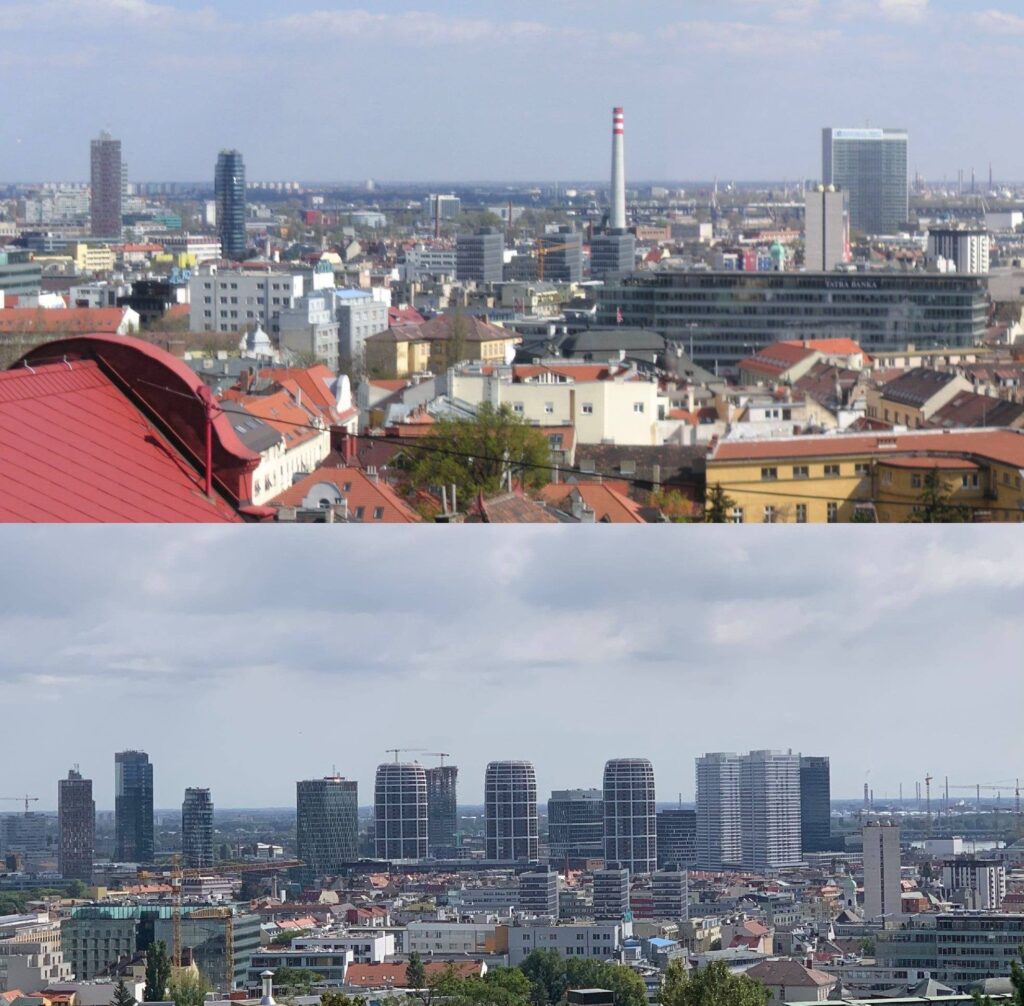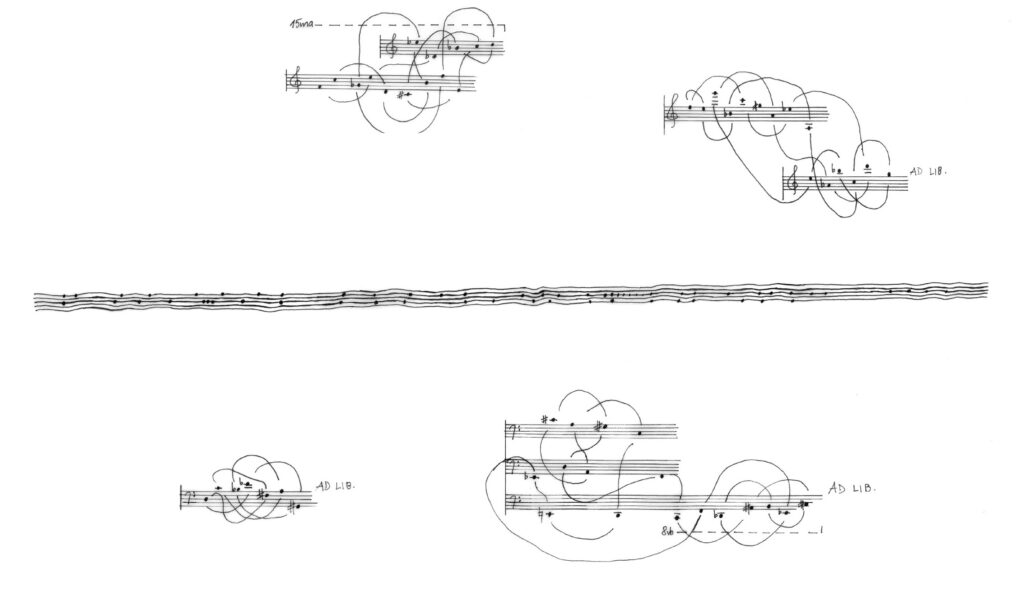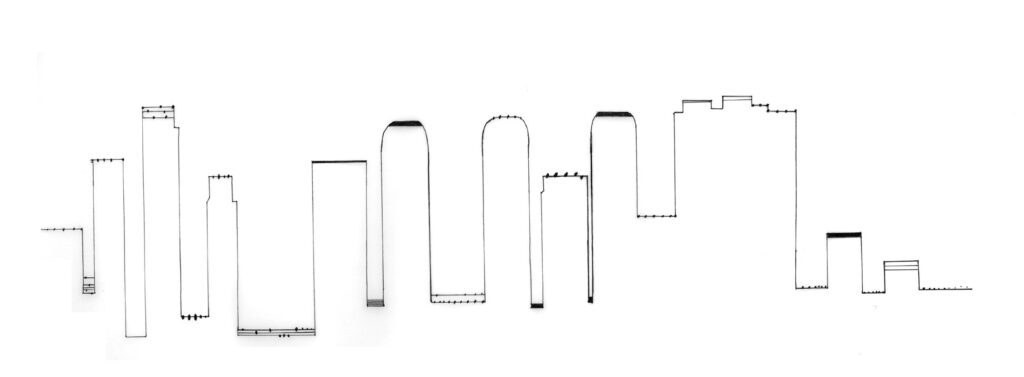Ister
for Chamber Orchestra (2021)
Ister is a personal contemplation of the genre of a tone poem. It looks back on nationalistic tendencies of the 19th and 20th centuries, and adopts and transforms ideas behind works of composers such as Dvořák or Moyzes writing in this style. Ister is a Greek name for the River Danube. While previously mentioned composers in their works Má Vlast or Dolu Váhom focused on rivers exclusive to their countries, which suited their nationalistic views, the river Danube flows through ten countries. It is a natural resource for live ecosystems and human activities, a barrier that requires effort to overcome. Nations that developed on its banks share history, their cultural traits and the musicality of their people in its core has been passed down for centuries from the Ancient Greeks.
Hence, this tone poem alludes to the journey of the Danube from the Black Forest to the Black Sea, suggests flashes of the cultures that are present around it, and draws on Ancient Greek music theory to produce tonal material that alters as tributaries alter the waters. It also contains moods and atmospheres that reflect the composer’s subjective perceptions.
Recorded in 2021 within Trinity Laban’s New Music Project
Conducted by Gregory Rose
With thanks to Stephen Montague
Score (issuu)



